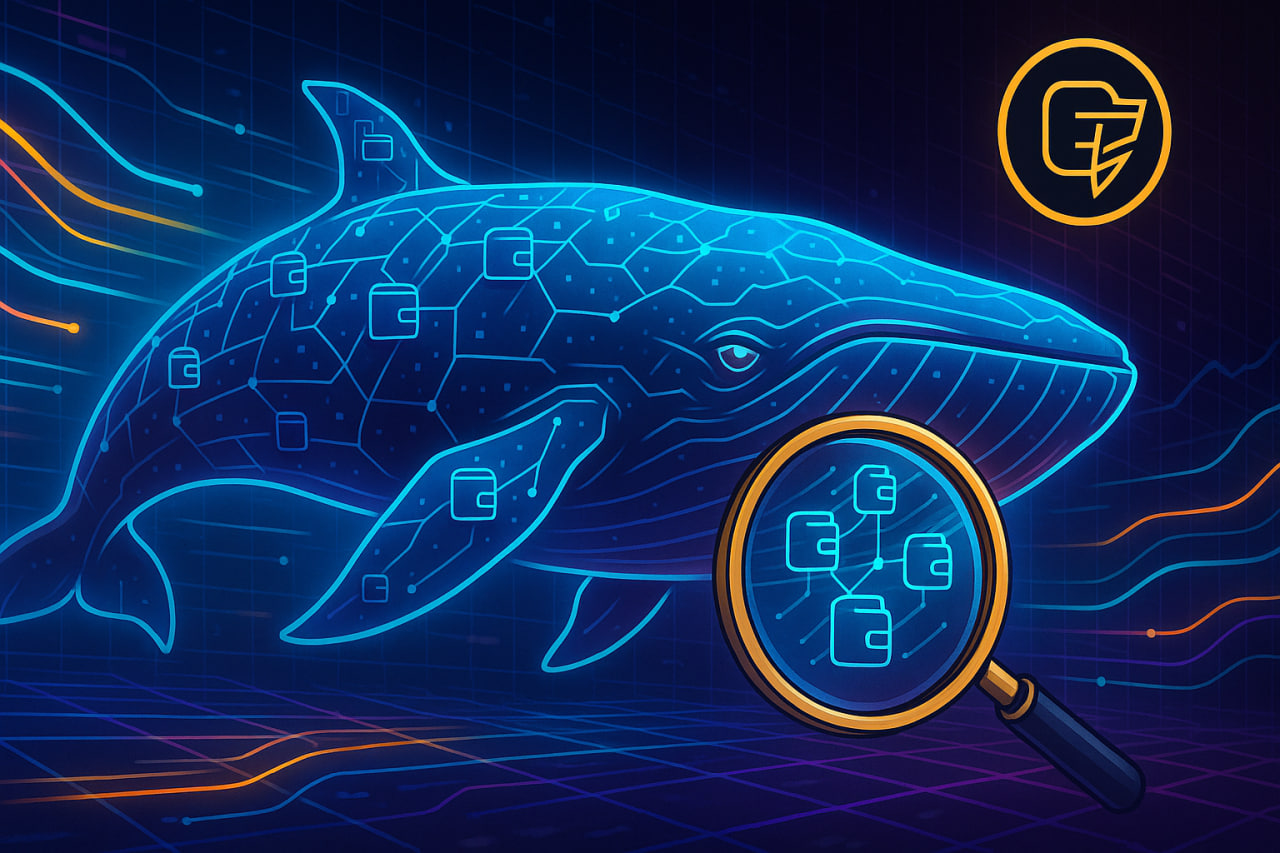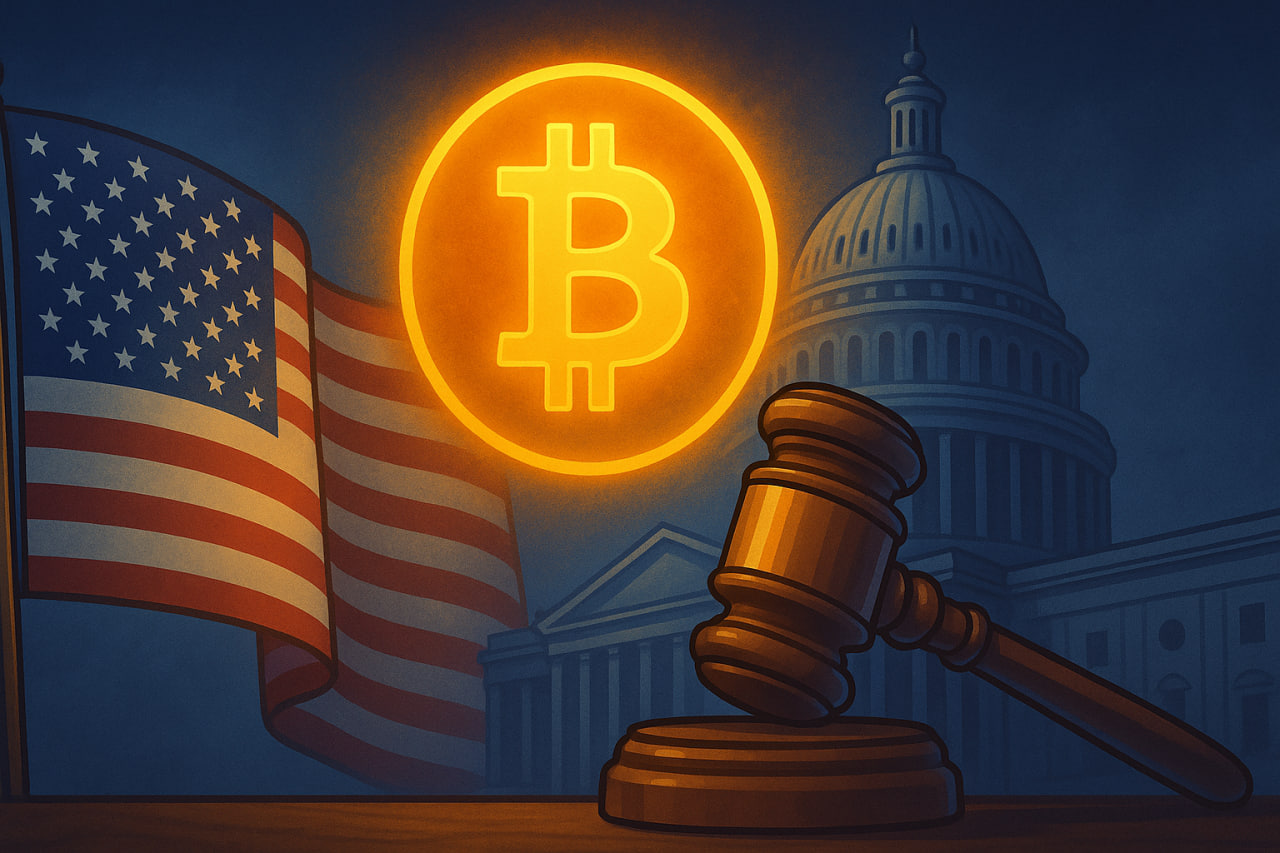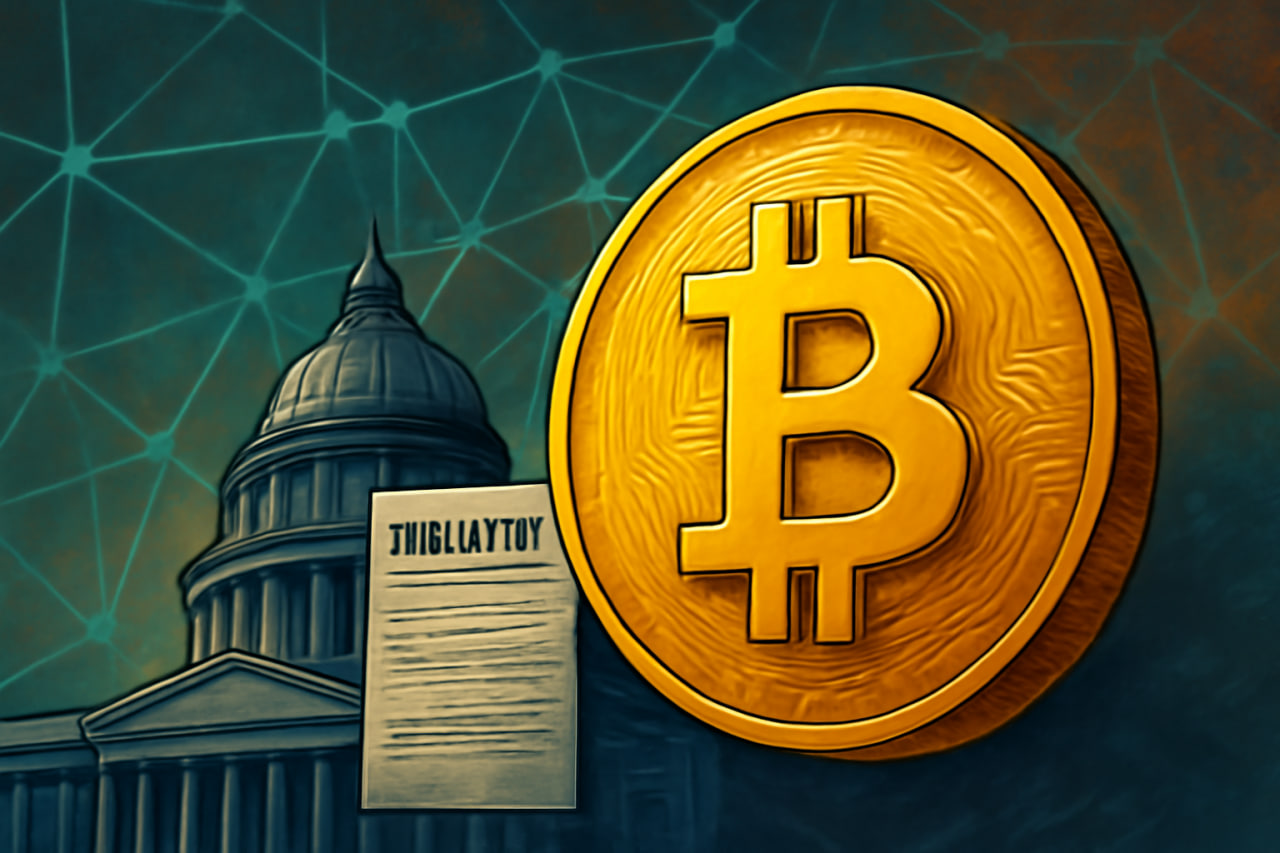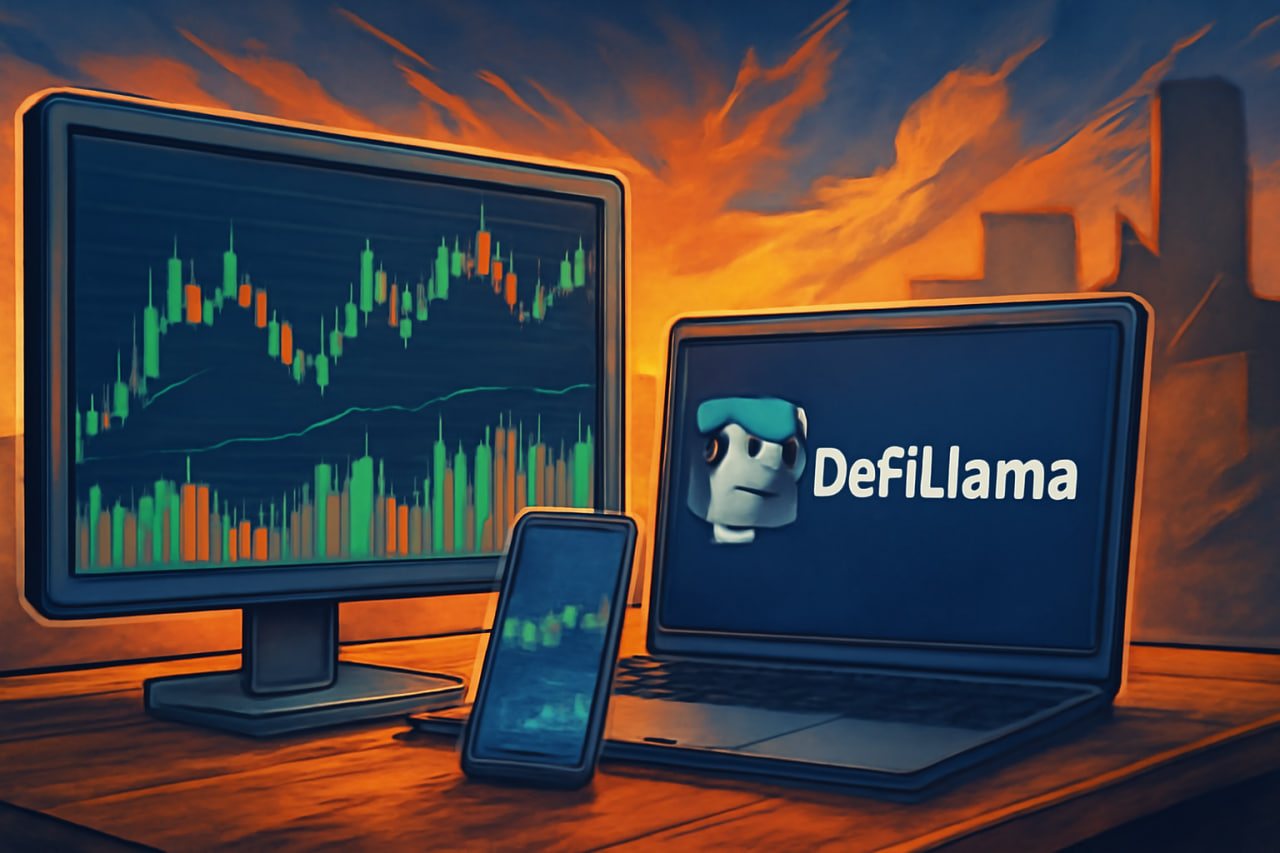1. What is a wallet address?
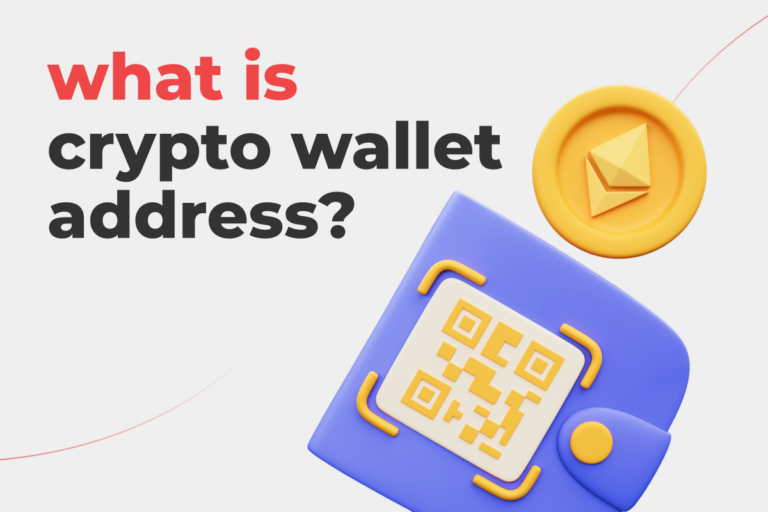
A wallet address is essentially a reference that uniquely identifies your account on a blockchain network. Similar to how an email address is used to identify a person’s email account, a wallet address serves as the identifier for your cryptocurrency account. You can use this address to receive cryptocurrencies and check your balance.
Each blockchain has its own structure for wallet addresses. For example, a Bitcoin wallet address might look like this:
356ncq6fKz9osLYtcuSkMBs73aEZUXKjjY
On the Ethereum blockchain, a wallet address typically looks like this:
0x52cF14DEc4b7B18454e6e5D543551d7A55F15805
Sometimes, wallet addresses are also presented as QR codes, which can be scanned to easily share the address.
2. Why are crypto wallet addresses important?
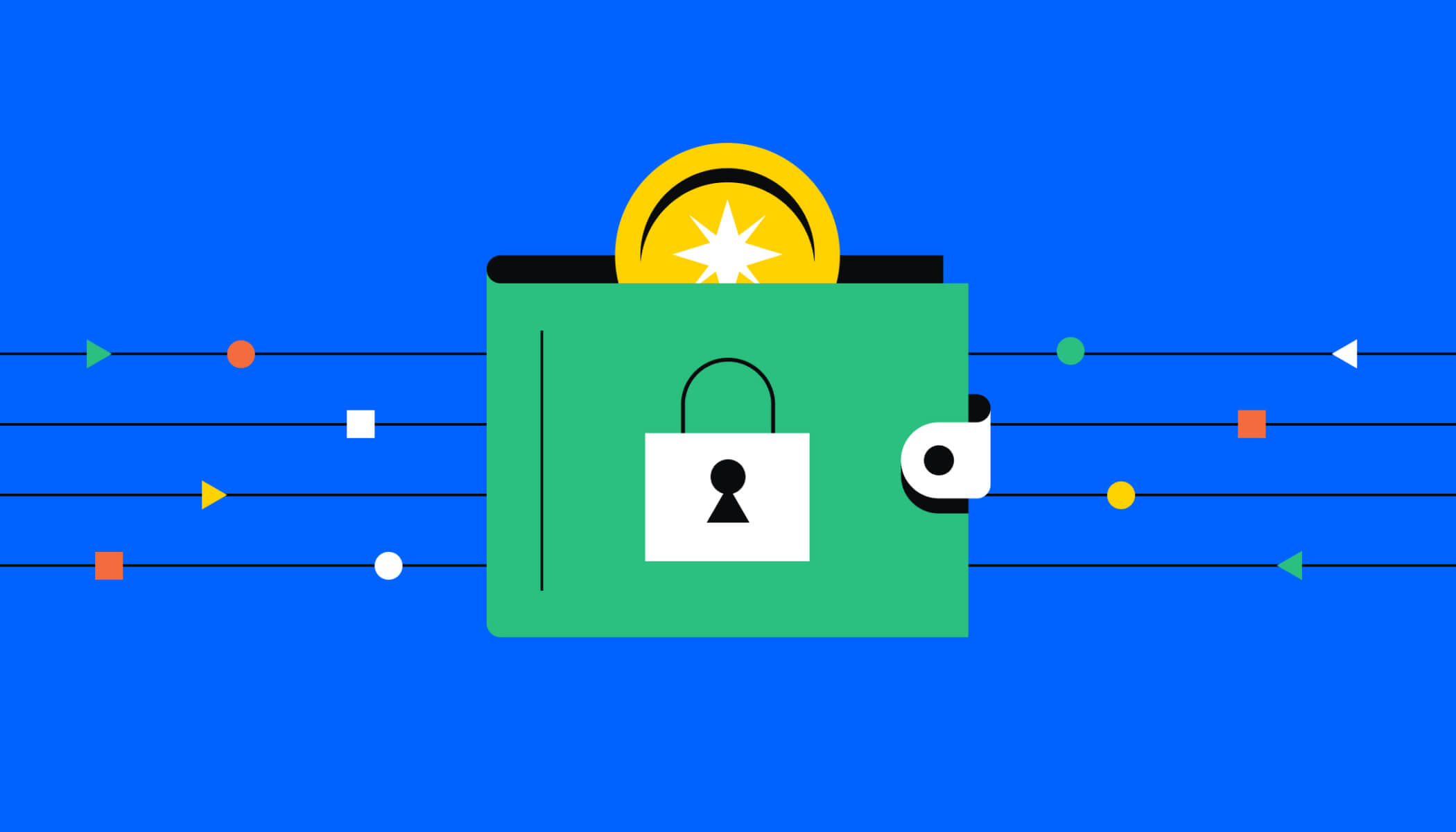
A wallet address has a few key roles in the blockchain ecosystem:
-
Ownership of Digital Assets: A wallet address is controlled by a private key. If you control the private key, you have full ownership over the assets associated with that wallet. This is the foundation of self-custody. Centralized platforms, like exchanges, control your wallet and private keys, which means you do not own the assets in the true sense. Instead, they are held by the exchange under its wallet address.
-
Secure Transactions: When you send or receive cryptocurrency, the blockchain network needs to verify that the wallet address initiating the transaction is valid and has the necessary funds. The wallet address is a key part of this verification process and is crucial for securing the transaction and the creation of new blocks on the blockchain.
-
Facilitating Transactions: A wallet address is required for peer-to-peer transactions. Whether you're sending or receiving funds, the recipient’s wallet address is necessary to direct the transaction. Blockchain transactions are immutable, meaning once a transaction is confirmed, it cannot be reversed. Therefore, it’s important to ensure that the wallet address you input is correct to avoid losing funds.
-
Compatibility: On the same blockchain network, wallet addresses are typically compatible with all users. For instance, if you are using the Ethereum blockchain, your Ethereum wallet address will work for all users on that network, without concerns about transfer rates or times that are common in traditional banking.
3. How a crypto wallet address works
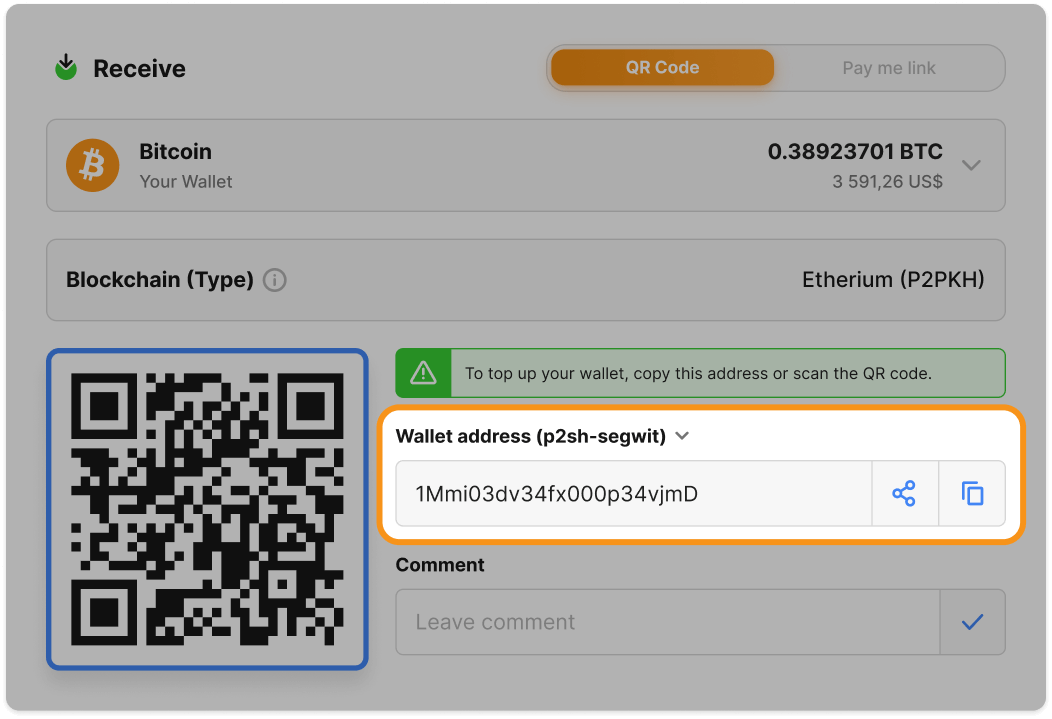
A crypto wallet address is derived from your public key. Every blockchain account is linked to a pair of keys:
-
Private Key: This key is secret and grants you control over your wallet. It allows you to sign transactions and move funds associated with your wallet.
-
Public Key: This is a unique identifier that represents your wallet publicly. It's a long number that is difficult to handle and manage.
The wallet address is essentially a shortened and more user-friendly version of the public key. While the public key is a complex string of 256 bits, the wallet address is a condensed, readable version that makes it easier for users to work with. This wallet address allows others to send cryptocurrency to your account without needing to deal with the long, complex public key.
4. Safety tips for using crypto wallet addresses
.jpg)
Handling crypto wallet addresses requires caution to avoid errors and potential losses. Here are a few safety tips:
-
Double-Check Wallet Addresses: Always ensure that the recipient's wallet address is entered correctly. Even a small typo can result in the permanent loss of funds. It's best to copy and paste the address instead of typing it manually, as this reduces the chances of making a mistake.
-
Send a Test Transaction: Before sending large amounts of cryptocurrency, perform a small test transaction. This verifies that the wallet address is correct and that the transaction goes through smoothly. Since blockchain transactions are irreversible, this step can prevent significant losses.
-
Use a Web3 Domain: A Web3 domain provides a more readable and manageable name for your wallet address, making it easier to send and receive funds. For example, instead of using a long Ethereum address like 0x1ABC7154748D1CE5144478CDEB574AE244B939B5, you can use a more memorable name like mywallet.eth. This reduces the risk of errors and enhances user-friendliness. Popular Web3 domain services include ENS (Ethereum Name Service) and Unstoppable Domains.
-
Choose a Credible Wallet: Ensure that your crypto wallet is reputable and secure. A trustworthy wallet will generate wallet addresses in a way that makes it impossible to derive the private key from the wallet address or public key. This ensures the security of your funds. Hardware wallets, like Ledger, offer high security by storing private keys offline, making them resistant to hacking.
5. The Future of Wallet Addresses: Wallet Name Services
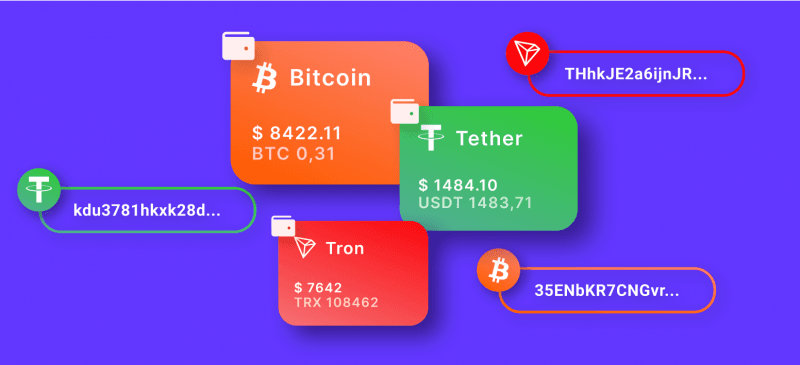
Currently, cryptocurrency addresses are long strings of alphanumeric characters, making them cumbersome and prone to errors when manually entered. Wallet Name Services aim to simplify this by allowing users to register human-readable names (such as "alice.wallet" or "bob.eth") that are easier to remember and share.
-
Enhanced User Experience: The primary advantage of Wallet Name Services is the improved user experience they offer. Instead of dealing with complicated, lengthy addresses, users can send and receive cryptocurrency using simple names, similar to how email addresses work today. This makes transactions more intuitive and accessible, particularly for beginners who may be intimidated by the complexities of the traditional crypto address format.
-
Interoperability Across Blockchain Networks: Wallet Name Services have the potential to work across multiple blockchain platforms, providing a unified address system that could function on Ethereum, Bitcoin, and beyond. This cross-chain compatibility could revolutionize how users interact with different cryptocurrencies, eliminating the need to manage separate addresses for each blockchain.
-
Security and Trust: While wallet names offer convenience, they also raise questions about security. To address this, advanced cryptographic techniques will be necessary to ensure that wallet names cannot be spoofed or hijacked by malicious actors. Ensuring the integrity of these services will be crucial for widespread adoption.
-
Future Integration with Decentralized Finance (DeFi): Wallet Name Services could significantly enhance user interactions in decentralized finance (DeFi) applications by simplifying the process of interacting with smart contracts, lending platforms, and decentralized exchanges. As DeFi continues to grow, having an intuitive way to send funds could drive greater adoption and use of blockchain technologies.
In conclusion, Wallet Name Services represent an exciting evolution in cryptocurrency address management, offering a user-friendly, secure, and interoperable solution that could pave the way for broader mainstream adoption of blockchain technologies. As this technology continues to develop, it’s likely that wallet names will become as essential to the crypto space as domain names are to the internet today.
6. FAQs
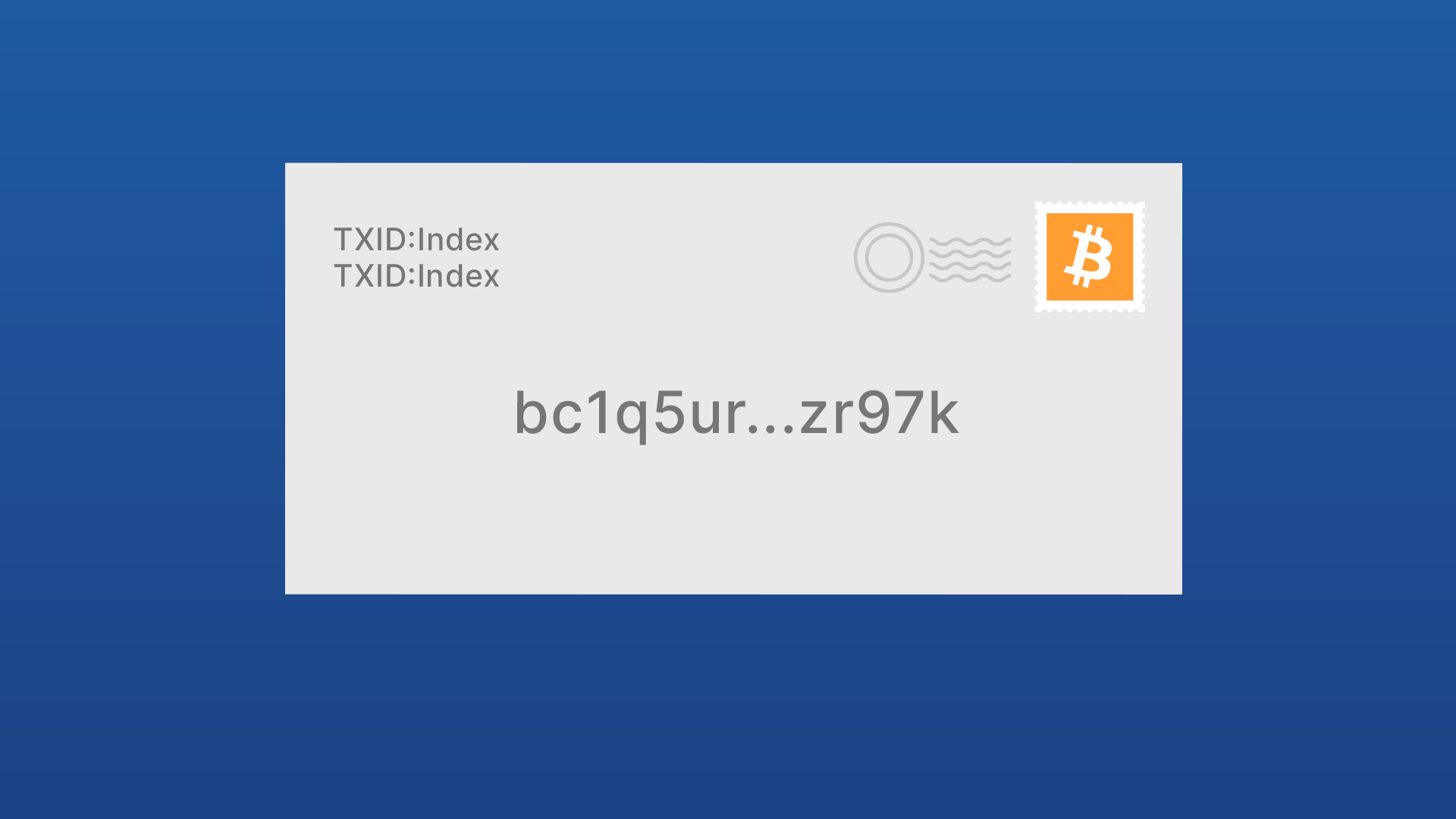
Q1: Is my public key the same as my wallet address?
No, your crypto wallet address is a translated version of your public key that is easier to record and share. They contain the same information, but your public key is just 1s and 0s in its raw form, which is not very user-friendly.
Q2: How many wallet addresses can I have?
Most wallets allow you to generate a near-infinite number of wallet addresses. Thanks to BIP-32 and BIP-39, today most wallets follow a hierarchical deterministic (HD) structure and allow you to restore your accounts with a single seed phrase.
In short, if you use any modern hardware or software wallet, you can generate as many wallet addresses as you like.
Q3: Can I share my wallet address publicly?
Yes, it is safe to share your wallet address publicly, as it only allows others to send cryptocurrency to your wallet. However, never share your private key.
Q4: Can someone steal my cryptocurrency if they have my wallet address?
No, knowing your crypto wallet address alone does not grant access to your funds.
Q5: Can I use the same address for multiple transactions?
Yes, you can use the same address for multiple transactions, but generating a new address for each transaction can help keep your transaction history private since blockchain transactions are public.
Q6: What happens if you send crypto to the wrong address?
If you send cryptocurrency to the wrong address, the transaction is irreversible, and the funds are likely lost permanently. Always double-check the recipient’s address before sending.
Q7: What should I do if I send cryptocurrency to the wrong wallet address?
Since blockchain transactions are permanent and immutable, your best bet is to contact the owner of the crypto wallet address you sent the funds. You can often use a wallet address’s transaction history on a block explorer to find the user’s social media accounts. Sometimes the crypto community is kinder than you think, and in some cases mistakenly sent funds are returned in good faith.
Q8: Can I change my crypto wallet address?
You cannot change an existing crypto wallet address, but you can generate a new one and send your assets there. Most crypto wallets allow you to generate multiple addresses, so managing additional wallet addresses is easy.
7. Conclusion
A wallet address is a key component of the cryptocurrency ecosystem, enabling users to send and receive assets on the blockchain. It acts as the unique identifier for your account, allowing you to interact with others on the network. However, it is essential to handle wallet addresses with care to avoid losing your assets. By following safety practices, such as double-checking addresses and using Web3 domains, you can ensure that your cryptocurrency transactions are secure and seamless.
Read more:


 Tiếng Việt
Tiếng Việt.png)
